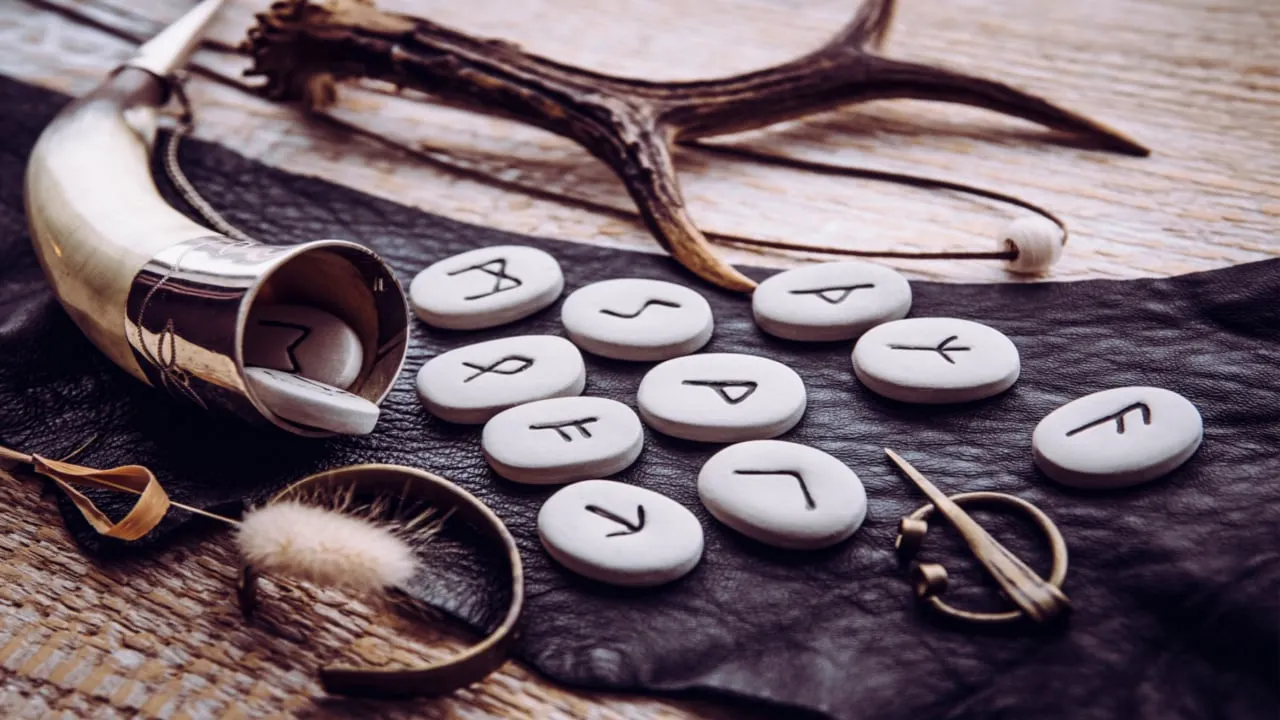A new Bitcoin fungible token protocol is the talk of the town.
Casey Rodarmor, the creator of Bitcoin Ordinals protocol, rolled out a new protocol called “Runes” dedicated to fungible tokens yesterday.
The Ordinals protocol has provided a platform for issuing meme tokens and NFT-like assets on the Bitcoin blockchain through the BRC-20 standard. Its current design, however, tends to clog the network and increase transfer fees.
Rodarmor said that Ordinals have “undesirable consequences of Unspent Transaction Output (UTXO) proliferation” on Bitcoin.
UTXO represents the amount of Bitcoin remaining after a transaction is executed, essentially serving as the balance of a Bitcoin address for future transactions.
Each Ordinals transaction requires a separate Bitcoin transaction. In contrast, Runes token balances will be held by UTXOs, and each transaction output can “contain any amount of any number of runes,” Rodarmor wrote in his blog post.
A spokesperson from Ordinals marketplace, Ordinals Wallet, told Decrypt that, “Rune works better than BRC-20 as far as fungible tokens go. It’s more lightweight and malleable. More easily transferred and swapped.”
The Ordinals Wallet team also experimented with Rune protocol’s design by deploying the first token, called RUNE, as the “first valid practical use of the concepts” outlined in the introduction by Rodarmor.

Rodarmor expressed concern about rolling out a slicker token design atop Bitcoin, saying that he’s not sure “creating a new fungible token protocol for Bitcoin is a good idea.”
That’s because "fungible tokens are 99.9% scams and memes," he wrote.
However, he added that, much like casinos, "they don't seem to be disappearing anytime soon." Moreover, this trend might bring "significant transaction fee revenue, developer attention, and new users to Bitcoin."
The Runes protocol was introduced in less than 24 hours and it has already become popular among Ordinals traders and developers.
Waiting on a Runes standard
Despite the excitement, a token standard has yet to be drafted. A standard refers to a set of rules, conventions, and guidelines that will be followed by everyone using a specific protocol.
Psifour, an independent Bitcoin developer told Decrypt, while he sees potential in Runes design, he is “withholding a verdict until standard is drafted.”
For now, the community only has a design idea introduced by Rodarmor. However, things are moving fast.
An Ordinals Wallet spokesperson told Decrypt, “we will probably see trading portals within the coming weeks.”
Magic Eden's general manager of Bitcoin Chris Akhavan told Decrypt "we are intrigued by the Runes proposal and are actively researching the protocol to assess how we might support it."
Bitcoin influencer Trevor announced a $100,000 grant offer for developers to build a “Rune indexer, issuance and/or transfer app, up live and running.”
"We are delighted to see the accelerating innovation in this field and closely monitor the developments of different protocols during this period," A spokesperson for the Ordinals marketplace Unisat told Decrypt. "Unisat adopts an open-minded attitude towards innovations and practices that drive Bitcoin forward. We strive for continuous learning and growth, actively promoting applications and ecosystem through proactive practices."
The Ordinals Wallet team is also working “to launch a product that doesn't require the need to run a node to deploy,” the spokesperson said.

